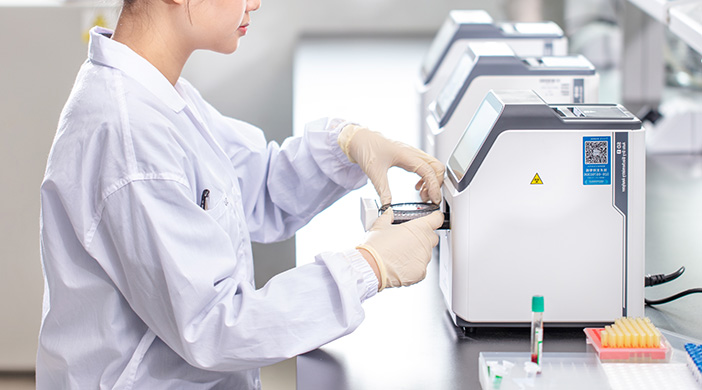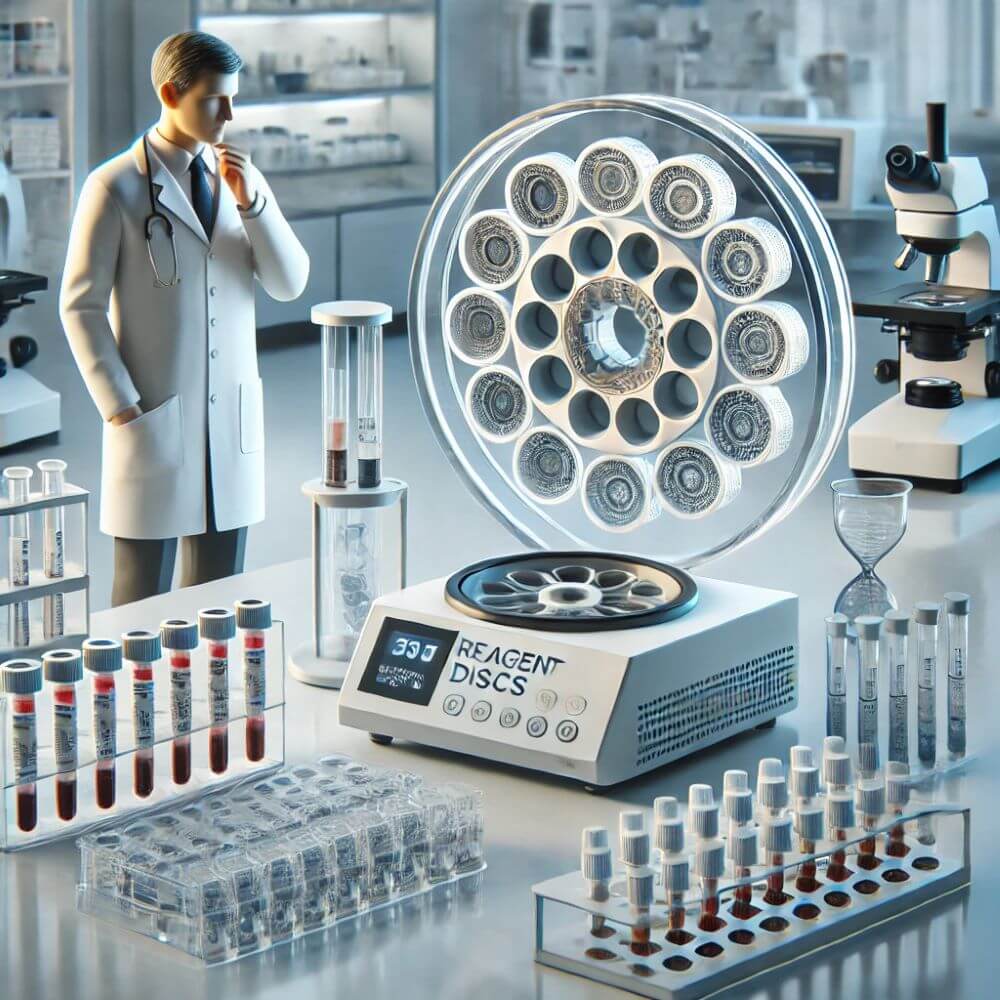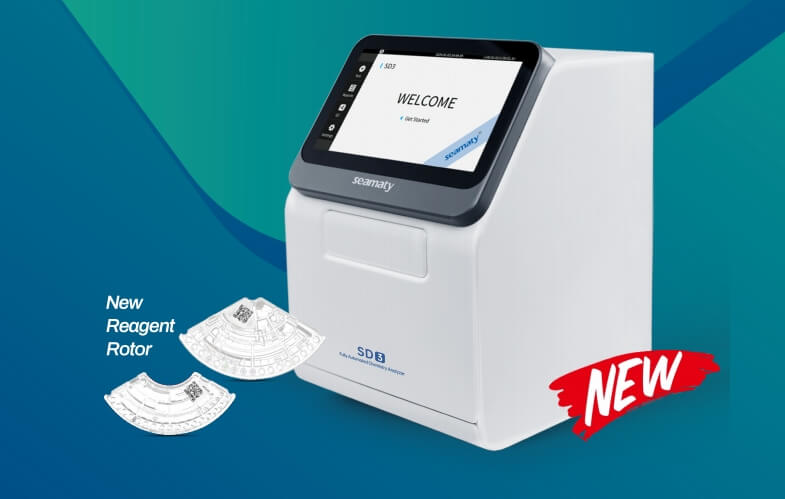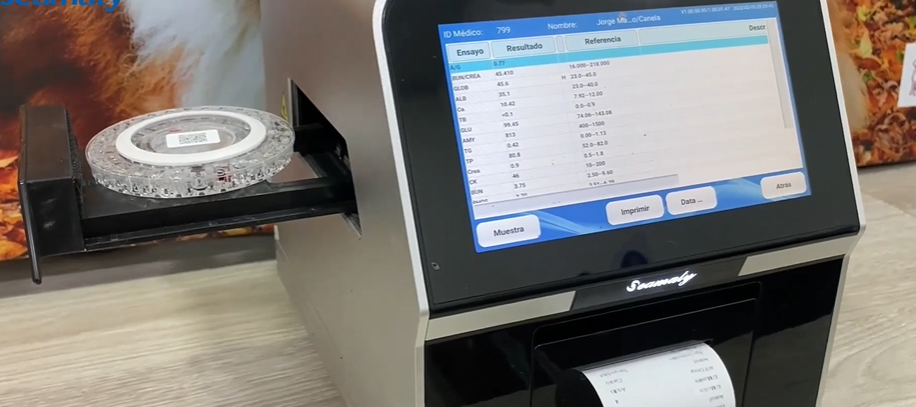release time:2021-10-08 15:49:02
The good or bad service directly affects the future use, there is no equipment in the world that does not break down. If the biochemical machine is out of order, poor maintenance or after-sales service will bring you a lot of unnecessary trouble. You should know a lot of details when you buy the instrument. For example, what services are provided by medical equipment manufacturers? What are the charges? Which are free? The most important thing is to see if the long-term service can be guaranteed.


2024-10-11
Discover the key differences between reagent discs, rotors, and reagent panels in laboratory testing. Learn which tool is best for your diagnostic needs, from point-of-care testing to specialized lab applications.

2024-04-24
The Seamaty SD3 dry chemistry analyzer revolutionizes POCT with its innovative fan-shaped reagent panels. Run 3 tests at once, saving time & money. Improve workflow & deliver faster patient care. Learn more about the SD3 & optimize your POCT practice!

2022-06-21
Biochemistry analyzers are the devices that are used in the medical profession to measure various chemicals. These chemicals are used in diverse biological processes at various stages. But what about Veterinary Biochemical Analyzer? Are they worthy of vet equipment?